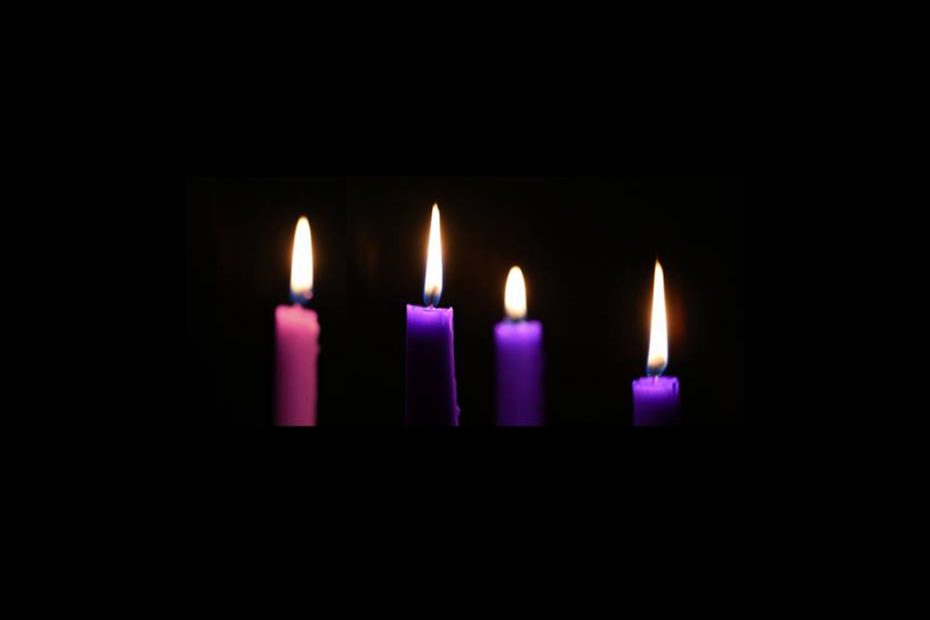This reflection is written by Andy Hamilton
In most religious traditions we find a rhythm of fasting and feasting, waiting and celebration, work and holiday, of life and death. This rhythm matches the patterns of our everyday lives in which planting is followed by harvest, illness by a return to good health, and times of turmoil by calm. That is true also of our public commitments. For supporters of the winning team in the Football Grand Final the mingled excitement, hope and anxiety of the previous week makes the joy and relief of winning even more special. For Christians, too, such experiences echo the understanding that our life of daily struggle on earth is the prologue to the perpetual happiness and rest of heaven. By reminding ourselves of what we await and hope for, we can stay cheerful in the time of waiting and remain focused on what really matters.
In the Catholic year Lent is a time of waiting for Easter, and Advent of waiting for Christmas. They are periods of promise that might sustain us in even the hardest of times. The Mass readings of Advent return again and again to the Book of Isaiah. These passages are full of an extraordinarily buoyant hope, of images of peace, of flowing waters, green fields, tree covered hills, abundant harvests, peace and of a God who is with the people. Such images may come easily to us in good times. But Isaiah’s world was one in which the Jewish people, including himself had been overrun in war, sent into exile, and had lost their temple, their land and their confidence in their God. If you made a film about them it would have been full of dark nights and dark clothing. In contrast, Isaiah’s vision of a return to their own land in peace, with respect, and to plenty is in bright technicolour. He does not describe their current miserable life in exile as the new normal but as a time of waiting for return to a glorious new world. He reminded the people that God’s special friends are those who are doing it hard and that God will rescue them.
In our society Advent speaks to our experience during the last two years of COVID restrictions, and to the stress that we felt while waiting to live freely again. It still encourages us to hope for the freedom of an unrestricted life. More deeply however, it also encourages us to enter the experience of people in our own world who are exiled from their home, wait on the kindness of strangers for welcome, and survive as best they can. Among these are refugees who today share the experience of Isaiah and the Jewish people. They have also had to leave their homes, often separated from their families, struggling without support in a wealthy land, and able only to do no more than dream of a decent life. We cannot give them a home, but during Advent we can keep them in our hearts, spending time to know them better, and through our support doing for them what Isaiah did for his own people: encouraging them to hope that one day a Christmas would come when they would be able to begin living full lives.
At Jesuit Social Services the last years have also been a time of struggle for the young people whom we serve. We have felt for them in their stress and been amazed by their resilience.
Advent gives way to Christmas. That is a time to look forward to and celebrate, as we might a Grand Final with a stacked stadium. The first Christmas was a quiet occasion in which the celebrating took place deep within human hearts. It had the intensity of joy that comes with the birth of a new born and eagerly awaited baby at the end of a hard pregnancy. That joy spread and changed the world. Our compassion might help to do the same.
